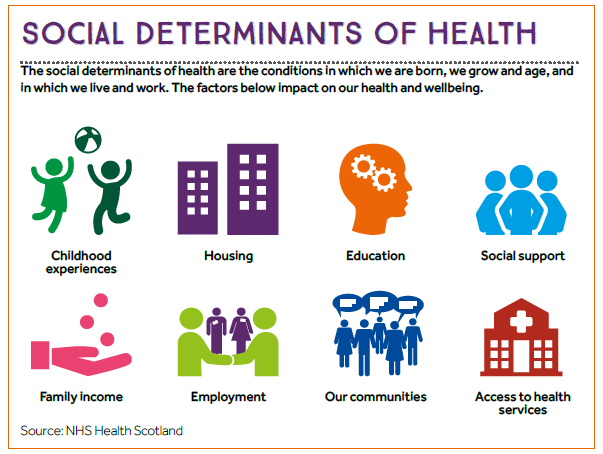Prof. Julie Fish linked the Sustainable Development Goals to the profession of Social Work and local stakeholder networks via a conference event in March 2018…
What was the programme or module? BA (hons) Social Work, Faculty of Health and Life Sciences.
What was the context of teaching? Module Recall day for 3rd year practice placement (this teaching links academic and practice learning. The teaching was delivered as a conference for World Social Work Day on 23 March 2018 for students, staff, placement providers, social workers in the statutory, voluntary and private agencies in Leicester, Leicestershire and Rutland and attended by 85 people. MA in Social Work from Sept 2018.
Seven of the SDGs were linked to social work practice: 1 No Poverty, 2 Zero Hunger, 3 Ensure healthy lives, 4 Quality education, 5 Gender equality, 10 Reduce inequality, 11 Sustainable communities. The theme of reducing inequalities ran throughout the conference. We screened the film Calais Children about unaccompanied asylum seeker children following the razing of the refugee camp in Calais. The 7 SDGs are implicitly integral to the whole of social work curriculum (not just this conference).

Poor nutrition. Obesity is a structural problem rather than an individual one. Lack of exercise (school playing fields have been sold for housing development) combined with poor nutrition has led to increasing levels of child obesity in the UK
What happened?
Overview: The teaching was delivered by academic staff, a keynote speaker Prof Paul Bywaters, three social workers and 14 students who presented a poster of their findings from their dissertation. The 6 afternoon workshops were led by academic staff, students, service user, social workers in statutory and voluntary agencies. In previous years, this teaching has been delivered to 1st year students as part of their learning on the Law Rights & Policy module.
Context: This practice came about during Julie Fish’s joint convenorship of the international Social Work and Health Inequalities Network (2010-2014). It is relevant to Marmot’s work for the WHO in reducing health and welfare inequalities, globalising the social work curriculum at DMU and encouraging students to take account of the SDGs in their interventions with service users.
Description: This one day conference replaced a previous single 3 hour session which has been delivered over the past 5 or more years. By involving social workers in the event, the aim was to secure their commitment to the SDGs and to the DMU goal to promote public good – by translating social work research into the wider community. The conference was a good example of a collaborative approach to rolling out good practice by engaging key stakeholders in the delivery. The approach was translating research evidence into practice and practice learning into the academy.
Evaluation: We undertook a specific evaluation of the conference. Feedback was generally positive.
Next steps: We plan to run a conference next year. Another member of staff will continue to deliver the teaching in year 1. We can spread the word in HLS.

We often think that ill health is the province of medicine, but many of long term health condition are the result of poor housing , overcrowding poor diet and lack of exercise.
Why are the SDGs important to this subject?
They are fundamental to social work. Almost all of social work service users experience poverty for example the introduction of universal credit, the reduction in Personal Independence Payments for disabled people, and other benefits. Hunger is increasingly a social ill in the UK with the rise in food bank use. But also other forms of inequality, e.g. in the week preceding the conference MPs voted to take away free schools meals for the poorest children in the UK.
What went well?
One aspect which was very well evaluated was the panel discussion by three social workers. They were asked to respond to 4 questions and talked informally about the contribution that social work can make to promote equality.
Contact:
Professor Julie Fish, Chair in Social Work & Health Inequalities, Social Work Division. Email: jfish@dmu.ac.uk; Tel 0116 257 7750
This post is one of a series of case studies describing teaching and learning activities linked to the SDGs at DMU.

Leave a Reply